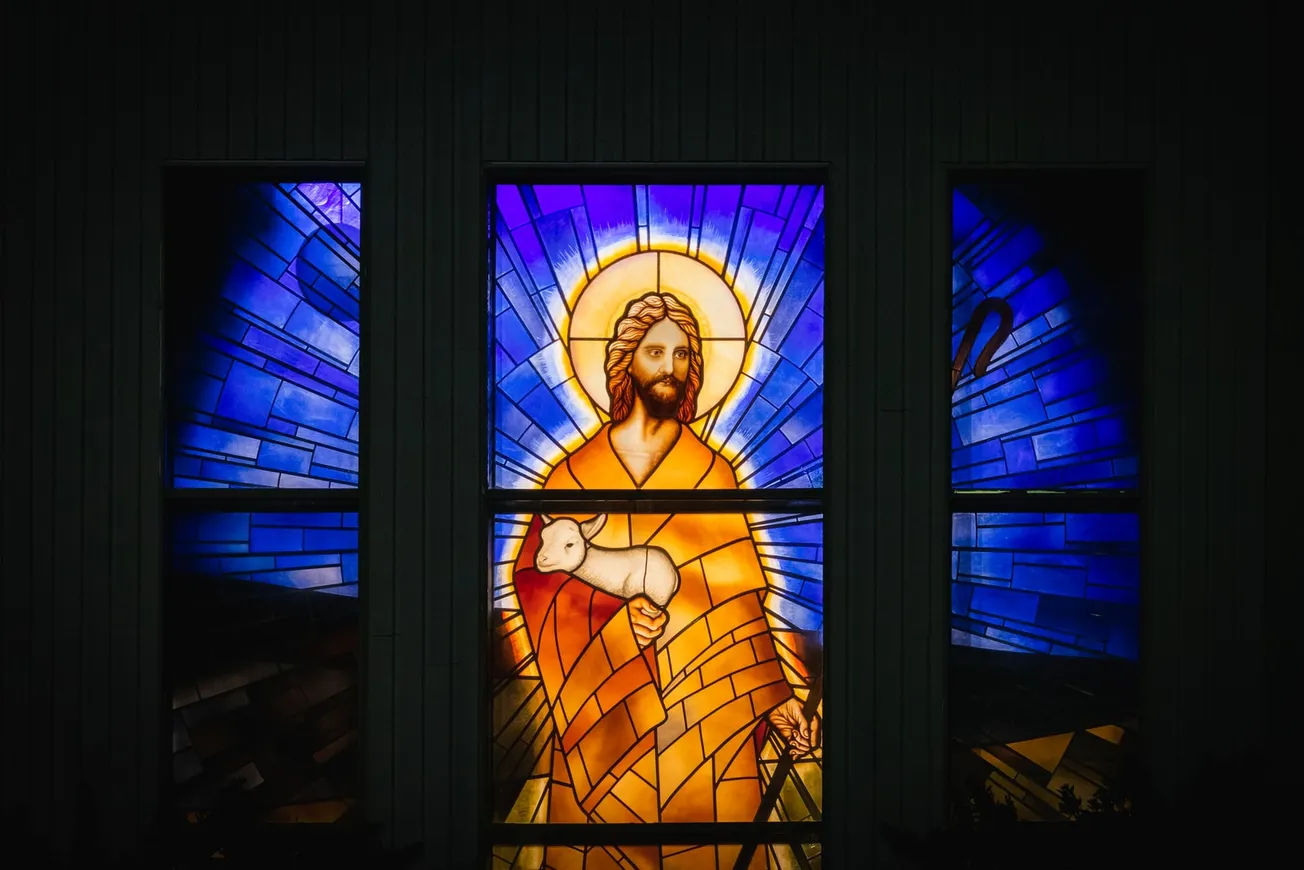Table of Contents
Louis T March
Louis T March has a background in government, business and philanthropy. A former talk show host, author and public speaker, he is a dedicated student of history and genealogy. Louis lives with his family in the beautiful Shenandoah Valley of Virginia.
We live in precarious times. The world is changing in ways we could not fathom a short forty years ago. Believing Christians, pro-family advocates and patriotic folks are fast becoming today’s marginalised communities.
For centuries the West, aka “Western Christendom”, was a dynamic and expanding enterprise that by the late 1800s effectively ruled the world. Even when warring among themselves, Westerners did their utmost to spread the faith. The world has been tremendously enriched by missions, schools, clinics and much else founded in the spirit of Christianity.
Today that is a flagging spirit, something painfully obvious. Two recent batches of demographic data seem to bear that out.
Replacement
The first came from the UK’s Office of National Statistics (ONS), reporting that only 42.6 per cent of people in England and Wales identify as Christian. The UK Telegraph headline summed it up:
“Christians now a minority in England and Wales for first time”
ONS reports that in 2001, 72 percent of people in England and Wales identified as Christian. Those identifying as “no religion” increased from 15 per cent in 2001 to 37.2 per cent in 2021. In the last decade self-identified Muslims rose by almost a third to 6.5 per cent. For the same period, Hindus realised a 13 per cent increase, rising to 1.7 per cent.
Interestingly, self-identified Muslims are more religious than Christians. More people attend mosque every week in the UK than attend church. It has been that way for a while. According to a Christian Research study from 20 years ago:
51 per cent of the Muslims quizzed in the 2001 census said they prayed every day, compared to just 6.3 per cent of Christians who attend church services each week.
A 2005 Christian Research study, “The Future of the Church”, predicted that the number of Muslims attending mosque every week would double that of Christians attending church by 2040, forecasting:
[T]he number of Christians attending Sunday service could see a two-thirds drop over the next three decades. The current 9.4 per cent of the population currently in regular attendance at Sunday service is expected to be under 5 per cent by 2040.
The UK is well on the way to meeting that forecast.
Secularisation
The second batch of troublesome data is the Pew Research Center’s study, “Modeling the Future of Religion in America”. Their findings are that Americans are leaving Christianity in droves and identifying as “atheist, agnostic or ‘nothing in particular’”.
[I]n 2020, about 64 per cent of Americans, including children, were Christian. People who are religiously unaffiliated, sometimes called religious “nones,” accounted for 30 per cent of the US population. Adherents of all other religions – including Jews, Muslims, Hindus and Buddhists – totaled about 6 per cent.
[P]rojections show Christians of all ages shrinking from 64 per cent to between a little more than half (54 per cent) and just above one-third (35 per cent) of all Americans by 2070. Over that same period, “nones” would rise from the current 30 per cent to somewhere between 34 per cent and 52 per cent of the US population.
Similar figures are cited in British sociologist Stephen Bullivant’s just published book Nonverts: The Making of Ex-Christian America (Oxford University Press).
The same trend is found throughout the Anglosphere, Europe and even Latin America. Is the Christian Era coming to a close?
Consider: For the sake of “religious neutrality”, the Christian calendar devised 1500 years ago by Dionysius Exiguus, denominating history per the Incarnation, used BC (Before Christ) and AD (Anno Domini) for dating history. That practice has been abandoned for BCE (Before Common Era) and CE (Common Era). While doing so may well be more “inclusive”, it nonetheless attests to the diminishing influence of Christianity. This is just one of modernity’s thousand cuts.
While religious transition is usually a lengthy process – consider the Great Schism, the Renaissance and Reformation – the 20th century vastly accelerated secularisation of the West. Depleted and demoralised by two world wars, quickly followed by unprecedented affluence and lightning technological progress, the West saw mammon thoroughly triumph by the 1960s, when religious expression was banned from the public square in America.
Sobering consequences
With secularism comes moral relativism, where there are no absolutes. Rather, all is relative, situational and governed by feeling rather than thinking. In fact, those steadfastly standing by absolutes are often the object of chattering class derision. Despite the proliferation of “Pride” festivals throughout the West, today any public declaration of pride in being Christian, Western or White can be a career-terminator.
Along with mammon-worshiping secularism, there has been, worldwide, a 50 per cent decline in fertility in 50 years. This is most acute in the Global North countries and is leading to unsustainable economic and social conditions. Little wonder that governments in the West and elsewhere are doing backflips to boost birthrates. Nothing like the Biblical injunction “be fruitful and multiply” is to be found in globalism, mammon-worship or whatever label that comports with modernism/secularism.
In fact, the fanatical zeal of acolytes of the secular religion, aka “wokeism”, is comparable to that of the early Bolshevik regime. Just note the ostracising, cancelling and complete intolerance of those with whom they disagree. And these folks are in power in most of the West. If you have any doubt, remember your history: as a friend recently reminded me, statues are pulled down and place names are changed after revolutions.
It is long past time that people of faith, the family friendly and the patriotic types trying to preserve their respective historical nations cease quibbling among themselves and circle the wagons. Yes, the best defence is offence, but we need to consolidate our position first. That is called building community.
Remember that appeasement doesn’t work. Virtue signalling and sacrificing kindred spirits to persuade your enemies that you’re not racist, bigoted, homophobic, etc, are just bending the knee to the bad guys. They validate the regime. That doesn’t build community and solidarity. As the folks say down home, don’t feed the alligator, hoping to be eaten last.









